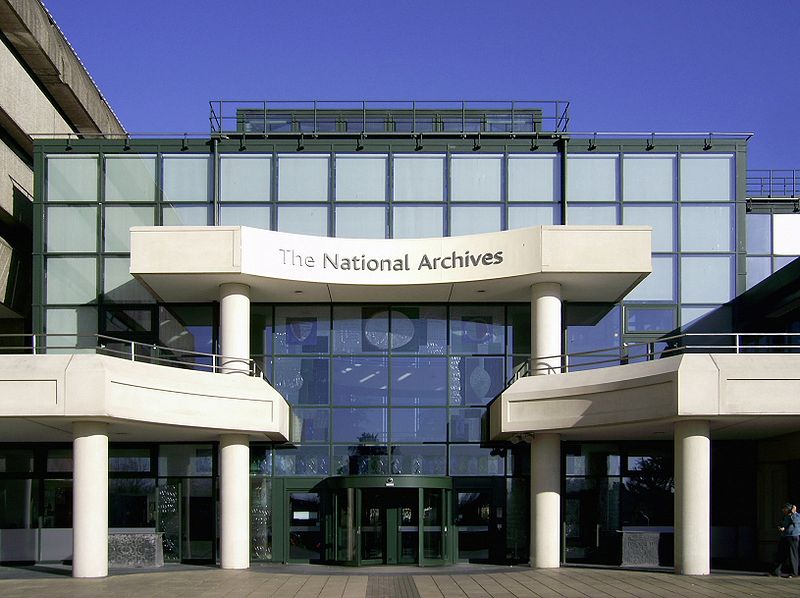 GeoBusiness 2014 is less than a week away. Â This is a new event and I am looking forward to seeing what it will be like. Â The organisers have certainly pushed the event, with short magazine inserts listing who is exhibiting and presenting. Â GoGeo will be there and i thought i would explain why we are attending and what we hope to get out of the event.
GeoBusiness 2014 is less than a week away. Â This is a new event and I am looking forward to seeing what it will be like. Â The organisers have certainly pushed the event, with short magazine inserts listing who is exhibiting and presenting. Â GoGeo will be there and i thought i would explain why we are attending and what we hope to get out of the event.
It’s new and it’s big
Pretty self-explanatory, but also significant.  This is a chance to speak to all the major software vendors and find out what enhancements they have in the development.  In addition, there are a host of companies that offer GI service.  I want to see what these are up to and report on what looks innovative and interesting.  These companies collectively employ a significant number of GIS graduates each year.  Many of them are exploiting new and emerging technology such as unmanned aerial vehicles (UAV).  As such, they are really quite dynamic places to be employed as a fresh-faced graduate.
Workshops
There are a number of interesting workshops being run by companies to highlight what innovative analysis they are doing. There seems to be a clusters of workshops around 3D laser scanning, UAV’s and Business Information Modeling (BIM). Â There is also a strand that focuses on professional development.
Content
Content for GoGeo and perhaps even ShareGeo.  So that means news articles, blog posts and so on for  GoGeo.  With ShareGeo it would be great to get some sample data from some companies so that lecturers could use this in their lessons.  I will be looking to convince some of the UAV and scanning companies to give some data with ShareGeo.  If you don’t know what ShareGeo is, it is a repository for open geo-spatial data that enhances teaching, learning and research.
So if you already have a ticket I might see you there. If you don’t have a ticket, there is still time and there are special rates for students (£25 per day if you pre-book).  Students, do your research on the companies attending and speak to people to find out what they do, it is a great opportunity to see the diverse range of jobs that is available in the GI market.



 SPIRES is a network for researchers, young, old and somewhere in between, in academia, industry and leisure. They run seminars and workshops, provide travel funding for these and other events, promote discussion and generally support members in any way they can. Anyone can join SPIRES (it’s free!) and you can find out more about how to do this on their
SPIRES is a network for researchers, young, old and somewhere in between, in academia, industry and leisure. They run seminars and workshops, provide travel funding for these and other events, promote discussion and generally support members in any way they can. Anyone can join SPIRES (it’s free!) and you can find out more about how to do this on their